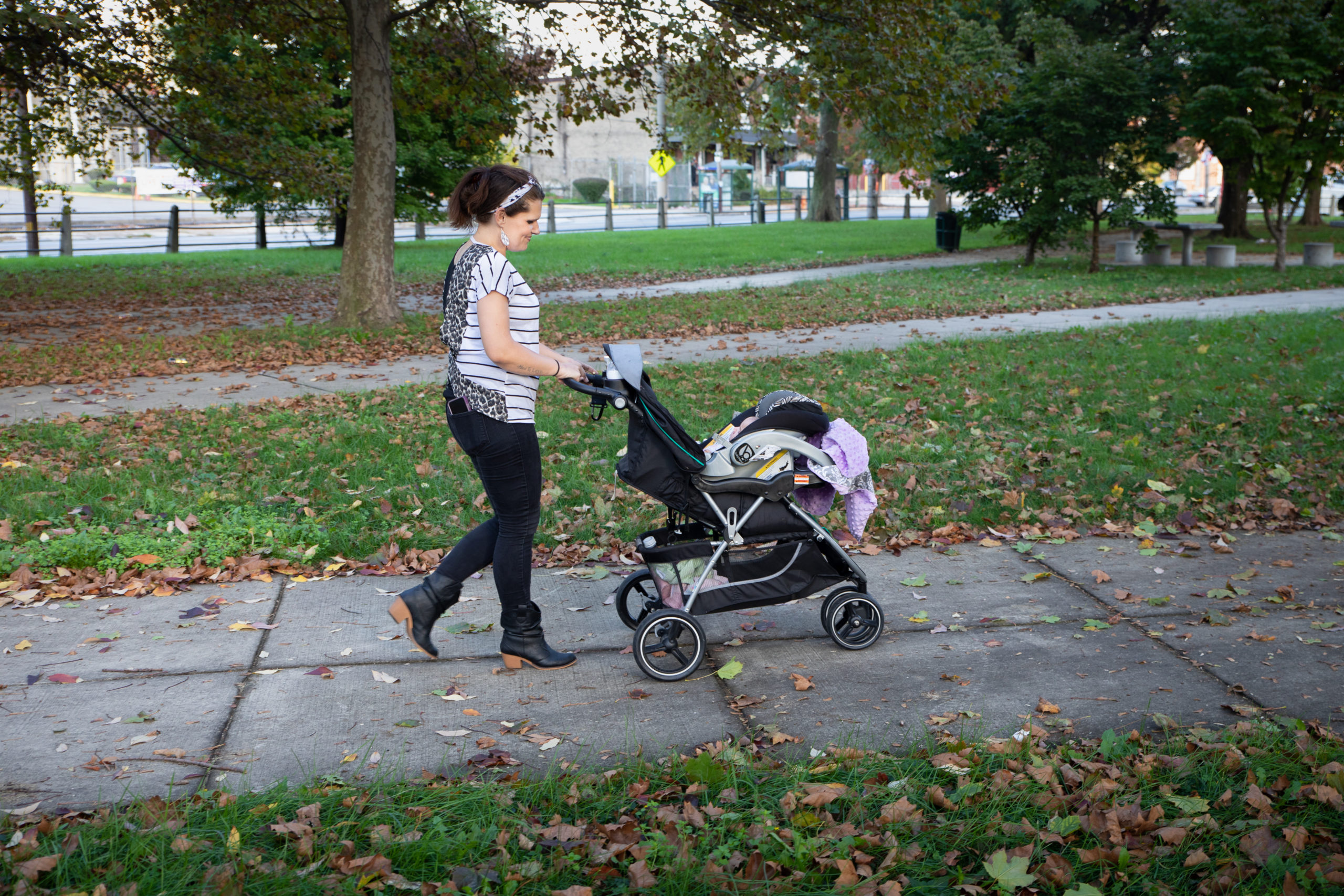A person’s parenting ability is not defined by whether or not they use drugs, but parents and pregnant people who use drugs often encounter intense scrutiny, stigma, and criminalization—rather than receiving support and evidence-based care.
The needs of pregnant and parenting people are often overlooked in the development of drug policy and harm reduction interventions. Pervasive stereotypes and falsehoods about pregnant and parenting people who use drugs perpetuate falsehoods and misbelief about harms they can cause by using substances. This has devastating health and social consequences for families, for both parents and children.
This Maternal Mental Health Month, Vital Strategies is breaking down four common stereotypes about pregnancy, parenting, and drug use.
Falsehood: Pregnant people should be able to quit using substances “cold turkey.”
Fact: Quitting substance use “cold turkey” can be dangerous during pregnancy.
There is no evidence to suggest that quitting substance use “cold turkey” is the best approach for people who become pregnant. In fact, this can have negative health consequences. Abruptly ceasing the use of substances like opioids can trigger withdrawal symptoms, including nausea, pain and muscle aches, anxiety, gastrointestinal upset, and elevated heart rates. Undergoing opioid detoxification, a short-term treatment intervention that involves quickly tapering off drugs, is specifically shown to increase the rates of substance use relapse during pregnancy and increase the risk of overdose among pregnant people. Quitting opioids “cold turkey” is also associated with miscarriage and premature birth.
Falsehood: Taking medications for opioid use disorder during pregnancy results in the infant being born addicted to those medications.
Fact: Medications for opioid use disorder are the gold standard treatment for pregnant people who use drugs and their infants, and do not create neonatal or newborn addiction.
The American College of Obstetricians and Gynecologists recommends medications for opioid use disorder, such as buprenorphine and methadone, as the firstline therapy for pregnant people with opioid use disorders. These medications help to ease symptoms of opioid use withdrawal and reduce cravings. The use of buprenorphine and methadone during pregnancy and postpartum is associated with improved outcomes for both maternal and neonatal health.
Falsehood: In the 1980s, infants born to mothers who smoked crack cocaine, so-called “crack babies,” suffered a wide range of severe developmental problems as a result of their mother’s drug use.
Fact: Crack cocaine use during pregnancy is not linked to long-lasting harmful outcomes for infants or children.
In the 1980s, the nationwide moral panic surrounding the “crack baby,” promoted relentlessly by scientists, media, health providers and government officials, suggested that crack cocaine use during pregnancy caused exceptional and lasting harm to infants. Subsequent research has consistently disproven this falsehood, attributing the symptoms reported in the media blitz to premature birth caused by social issues experienced by the mother, including limited access to safety, adequate food or stable housing. One study found that babies born to mothers using crack cocaine had similar health outcomes to children in similar environments who did not experience prenatal exposure to crack cocaine.
The public outcry over “crack babies” was part of a set of political policies deliberately designed to target Black communities. This racist misbelief and the policies it triggered have had devastating consequences for Black families, and led to a mass incarceration of Black mothers who faced mandatory minimum sentences for crack cocaine use. As of 2021, an estimated 58% of women in state and federal prisons and 80% of women in jails are mothers; among them, low-level drug offenses are a leading cause of incarceration.
Falsehood: Being separated from a parent who uses drugs is in the best interests of children.
Fact: Family separation can have devastating consequences on both parents and pregnant people and their children.
As of 2022, 24 states and the District of Columbia consider substance use to be child abuse under civil child-welfare statutes. Black mothers are more likely to be screened for drug use during pregnancy than mothers of any other race, and they are the least likely to be reunited with their children.
Due to widespread, punitive policies, parents or pregnant people who use drugs are more likely to avoid prenatal and postnatal care. Parents who are separated from their children are at an increased risk of experiencing a fatal overdose.
Children are also harmed by family separation. Studies show they are more likely to experience homelessness, and develop depression and post-traumatic stress disorder, as well as physical health issues. Furthermore, Black, Native American, multiracial, and Pacific Islander children are overrepresented in the foster care system.
Societal and policy-level change begins with examining personal biases and tackling stereotypes that affect parents who use drugs—and their families. Centering the health and dignity of parents and pregnant people is essential to harm reduction and efforts to end the drug war and the overdose crisis it has produced.
To learn more about Vital Strategies’ Overdose Prevention Program, please visit https://www.vitalstrategies.org/programs/overdose and follow us on Twitter @VitalStrat.
Get Our Latest Public Health News
Join our email list and be the first to know about our public health news, publications and interviews with experts.
